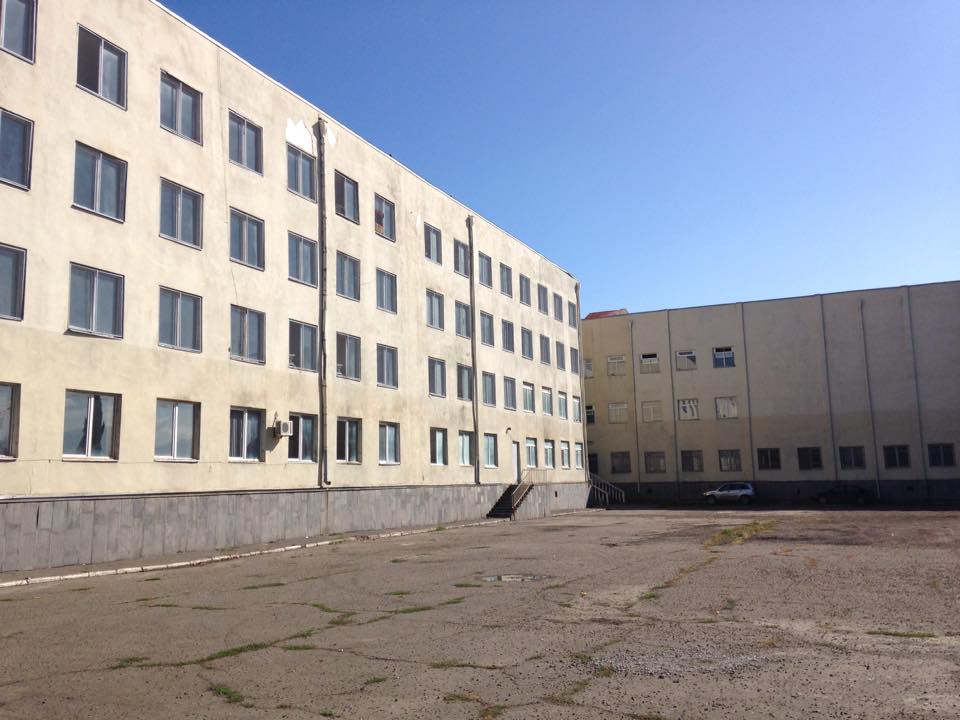October 10 is World Mental Health Day. On that day, mobile group of Human Rights House Tbilisi visited beneficiaries of the Mental Health House but had chance to meet only part of them.
Monitor from the mobile group Maya Asatiani said if personnel are more informed, legal aid or other sources for the resolution of the problems can become more available for the beneficiaries. Conversation with the patients revealed need of psychological assistance too, that was provided by the psychologist from the mobile group. Further consultations were also planned.
There is a dispensary unit at the Mental Health House, where patients get out-patient medical service. The service includes free doctor’s consultation and medicines. Doctor-psychotherapist Sopio Tabagua has been working in the institution since 2004. She said that out-patient service is free for the patients who for example have schizophrenia, but there is paid service which is not funded by the state. For example, state budget does not fund medical service for the citizens with nervous disorder.
“Patients no longer have problems with documents. In the past it was serious problem for us. Now, since the state provides service at the House of Justice, almost all of them have IDs, they easily find and restore their documents. Patients of out-patient service complain about unemployment; there is no state institution, which could employ them,” Sopio Tabagua said.
Ana Jgjenti represents nongovernmental organization Sapari in the mobile group of HRHT. She said two patients, whom she talked with, did not have information about their diagnosis that is serious problem. “One of them said she first came to mental hospital two years again; she was placed against her personal will. Patient said she was incapable then. Patients have right to know their diagnosis. The patient faced difficulties when requesting the diagnosis documents from the hospital and policlinics. The doctor sent her to the achieve, the archive sent her back to the doctor, the latter sent her to policlinics, policlinics to the chancellery but nobody explained to her, how to request the medical document # 100. So it is very important to employ qualified people in similar institutions, who will clarify to patients about procedures in easy-to-understand language.”
Patients also complain about property rights. Person with mental problems often become victim of his/her family members, who tries to “get rid of” him/her. So, patients prefer to be under state care and stay in hospital than live at home, and take medical treatment in the family environment. Frequently, family members do not like that sick people are also property owners. We observed facts of abolished legacy rights of patients; in some cases their properties were sold.
“There is no free legal aid program for the citizens with psychic problems. So it is difficult for patients to restore justice. On the one hand they have financial problems, and on the other hand limited social capability. State allocates meager funds for the psychic healthcare. Funds allocated for personnel salaries, medicines and communal bills are inadequate,” Doctor Sopio Tabagua said.
Lawyer Eka Kobesashvili of Human Rights Center spoke about some other problems of beneficiaries, like domestic violence and property rights. “There is no data base in the country, in accordance to which notaries or representatives of the Civic Registration Agency could halt or control document-issuing process. Family members sometimes force patients to sign documents, based on which they refuse inheritance; they seize houses and draft property document willfully. In similar situations, notaries and representatives of CRA do not have information about incapability of those people that could protect them from losing properties.”
Administration members of the Mental Health House refrained from commenting on the issue with the HRHT journalist and to speak about problems with media. Mobile group could not visit part of the facility, where patients are placed.
Deputy Director in the field of medical assistance Kakha Kipiani clarified that main problem of their institution is insufficient funding. It is difficult to create adequate environment for 218 patients with their budget. Furthermore, former building of the MIA Police Academy, where the Mental Health House has been functioning since 2006, needs renovation.
Giorgi Janelidze





